Warning labels on salt packages and dispenses – policy statement from the World Hypertension League

The World Hypertension League (WHL) have highlighted the need for a hard-hitting approach to dietary salt reduction given the ongoing burden of disease attributable to a high salt intake. Find the full statement here. WHL established a coalition of global experts who have called for salt packages and dispensers to carry warning labels highlighting the […]
To legislate or not to legislate? The need for legislative policies in food reformulation
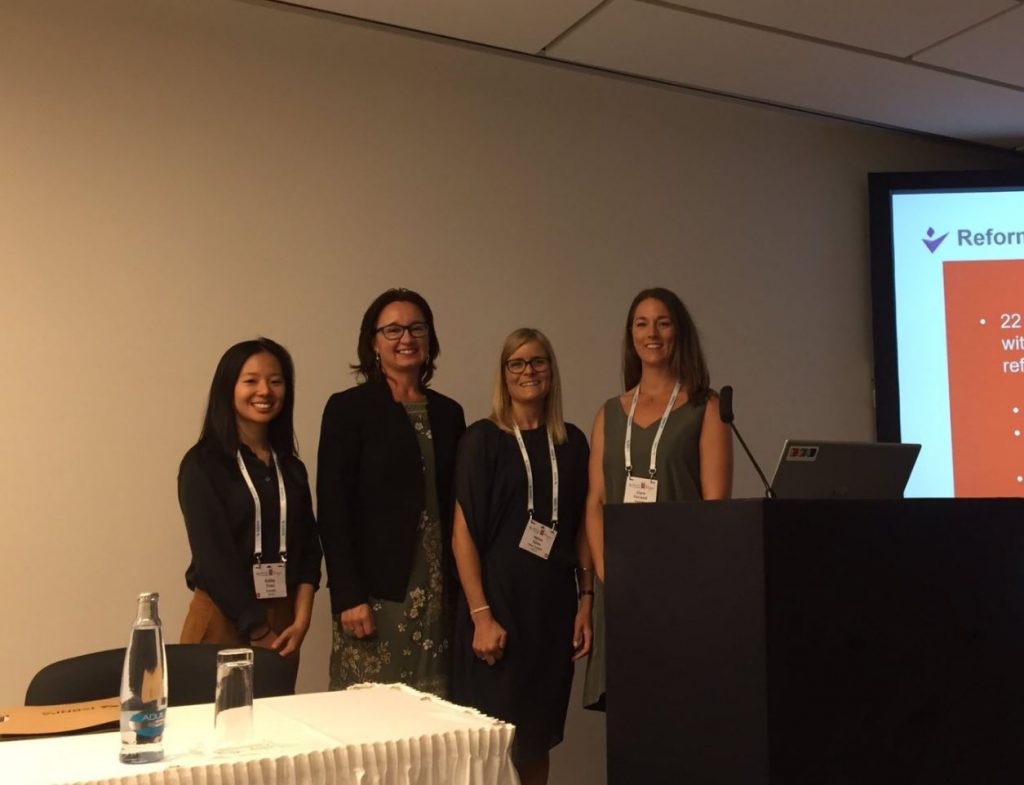
During this year’s International Society of Behavioral Nutrition and Physical Activity conference a symposium was conducted on the use of legislation to aid reformulation and create healthier food environments. A/Prof Jacqui Webster chaired the symposium which included three presentations, the first by Clare Farrand from The George Institute (TGI) on a rapid review of sugar […]
Creating healthy, sustainable, city food environments – Putting lived experiences first
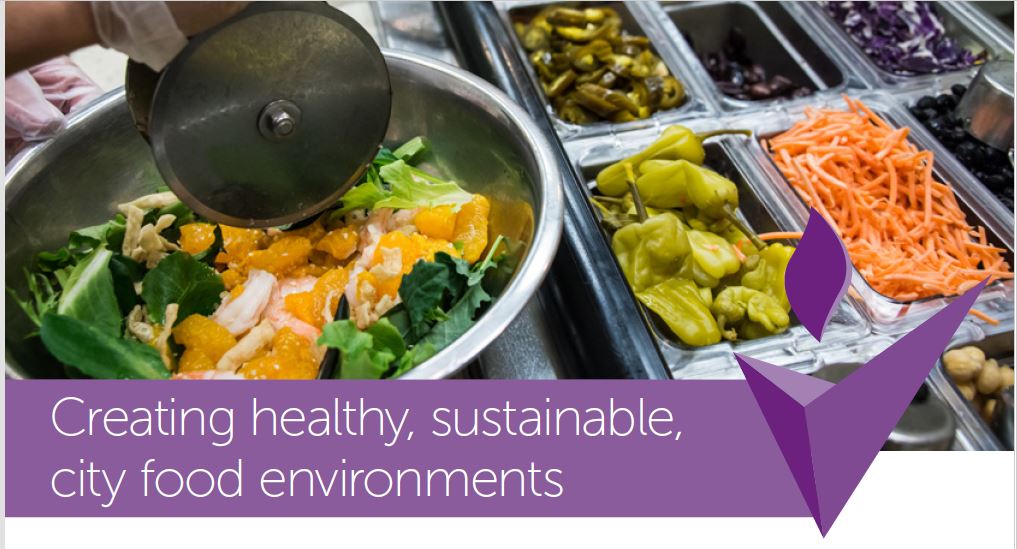
A thought leadership event on ‘creating healthy, sustainable, city food environments’ was held on the 20th of June at the George Institute’s Oxford office. The event involved a keynote presentation by Prof Corinna Hawkes, distinguished fellow at The George Institute for Global Health. Corinna focused on the need for a “people-centred” approach that draws on […]
Food Governance Conference 2019

On the 3rd-5th of July, the second Food Governance Conference was hosted by the Sydney Law School, The University of Sydney’s Charles Perkins Centre, and The George Institute for Global Health. The conference had a focus on the role of human rights, law, regulation and policy, in addressing food system issues and challenges. Keynote presentations […]
Advocacy organisations file a complaint in federal court to Stop USDA’s Weakening of Nutrition Standards for School Meals

In December 2018 in the US, the Trump Administration rolled back nutrition standards for school meals, including sodium and whole grain standards. For sodium, the new rule delayed the date schools had to comply with the first and second sodium reduction target and eliminated the third target. In April 2019, Healthy School Food Maryland and […]
Sodium and Potassium Dietary Reference Intake Values Updates- US

The National Academies of Sciences, Engineering, and Medicine recently reviewed evidence and updated dietary reference intake values for sodium and potassium. Adequate intake (AI) amounts have remained unchanged for 14-50 year olds, and increased slightly for adults over 51 years old. For most children’s age groups the AI has been reduced slightly. The tolerable upper […]
Mid-term evaluation of Malaysia’s National Salt Reduction Strategy
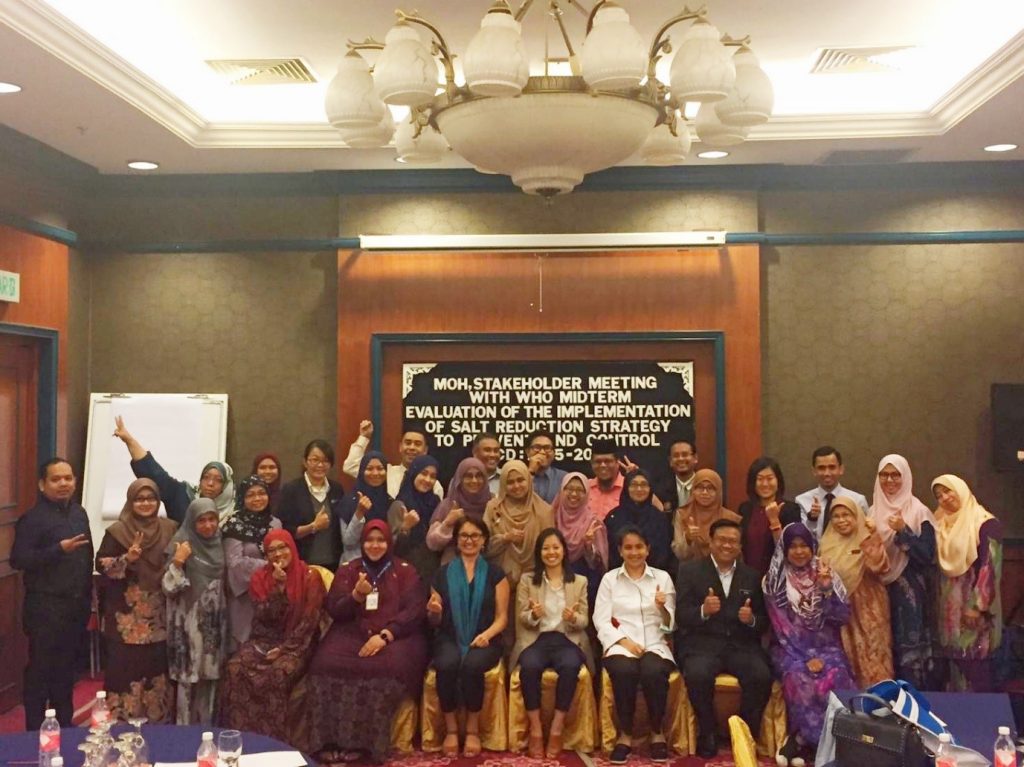
In November last year, with support from WHO, Kathy and Jacqui from the George Institute supported a Ministry of Health workshop in Malaysia to understand the progress of the national salt reduction strategy to date, with a view to providing recommendations for strengthening implementation and monitoring of the strategy in the next two years. The […]
Understanding Barriers and Enablers to State Action on Salt: Analysis of Stakeholder Perceptions of the VicHealth Salt Reduction Partnership
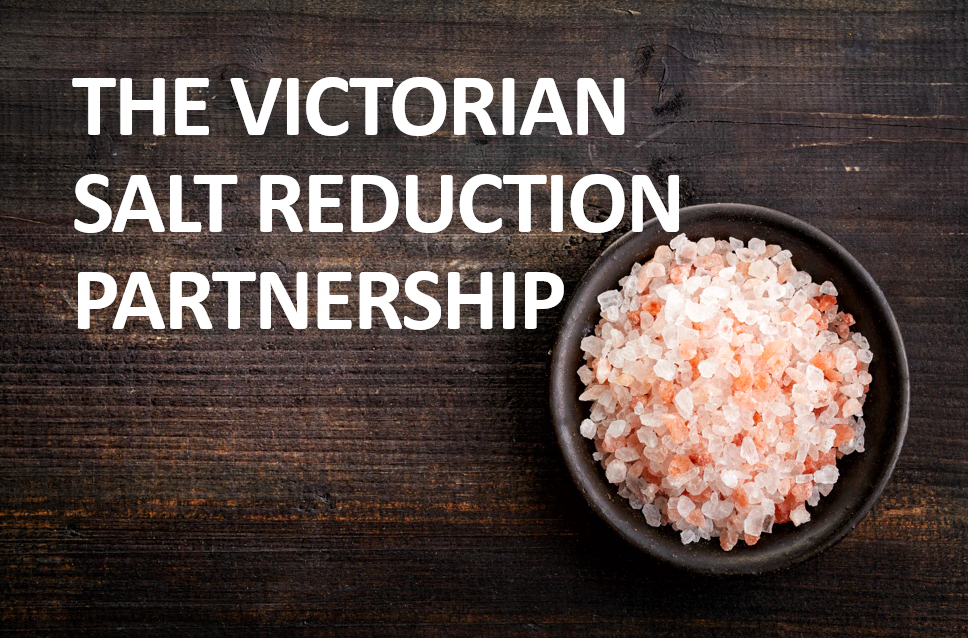
A study by McKenzie et al investigated stakeholder perceptions of the Victorian Salt Reduction Partnership. The Partnership consists of health and research organisations that came together in 2015 to develop an action plan for salt reduction interventions in Victoria, Australia. Fourteen stakeholders were interviewed (12 members of the partnership and two informal collaborators) at the mid-point […]
Australian consultation on targets: The George Institute response

The Australian Government has recently developed 36 draft voluntary food reformulation targets for sodium, sugar and saturated fat, and released them for public consultation. The George Institute for Global Health strongly supports nutrient reformulation as a public health measure to improve diets and population health and welcomed the opportunity to comment on the proposed targets. […]
Evidence-based, best practices of front-of-pack labelling (FOPL)
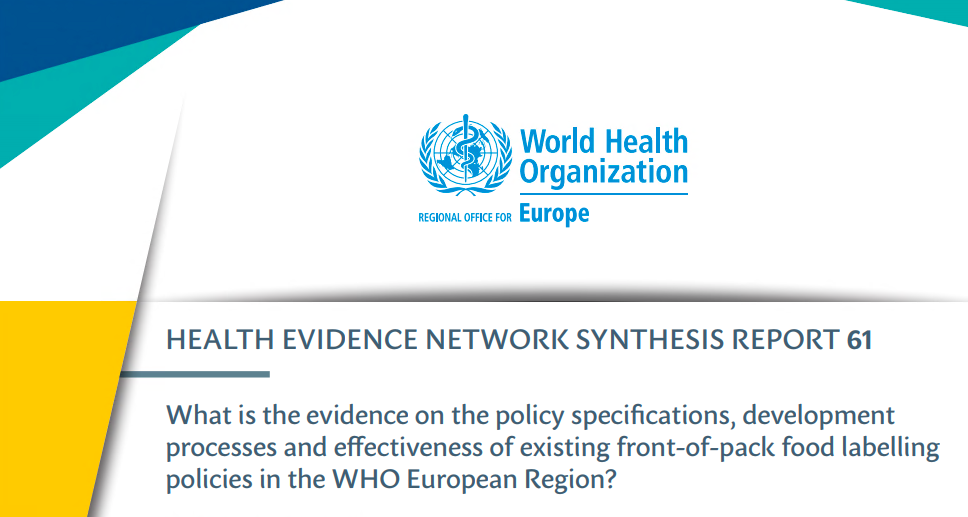
A recent report by WHO Europe has synthesized evidence on the specifications, development processes and effectiveness of FOPL policies in the WHO European Region. The report aims to support policy-makers in establishing and sustaining FOPL systems that maintain consistent and familiar labels, with a key strategy focusing on product unhealthfulness to steer consumers towards more […]